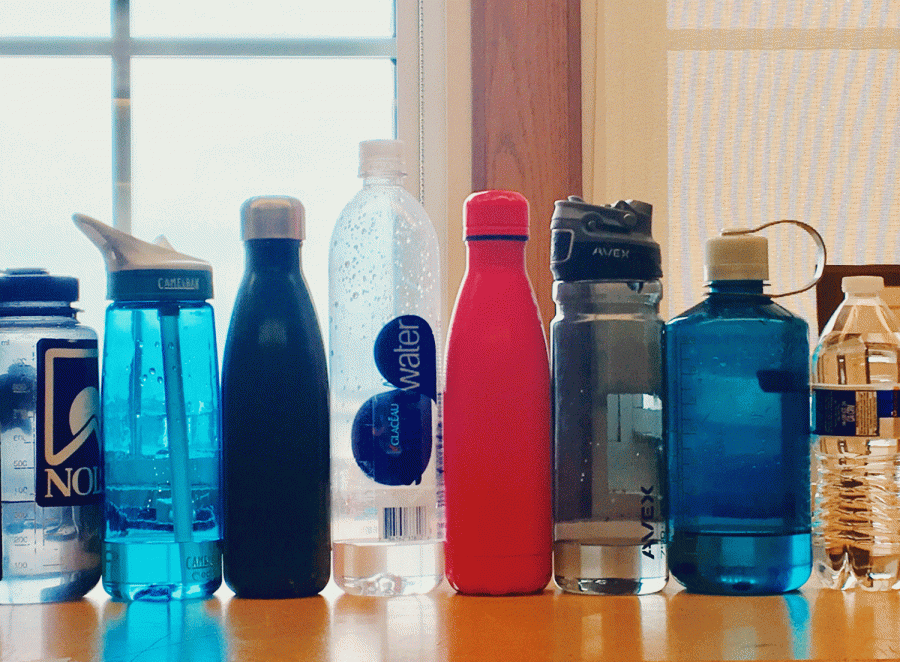Hydrate or die-drate
On the importance of H2O
February 9, 2017
The warnings are endless: your grades will go down if you stop drinking water, dehydration putting your vigilance and motor skills at odds. Regardless, Blake students largely disregard drinking throughout the day.
The most widely recommended daily water intake is two litres, or, in Blake terms, two Nalgenes. And staying hydrated makes a difference.
Drew Anderson ‘17, who drinks about twice the recommended daily intake, offers, “I used to get sick often, but ever since I’ve started hydrating I definitely feel better, more energetic.”
The tales about water’s perks prove to be true, however two litres, or half a gallon, seems excessive to some. Nico Udris ‘19 argues, “The myth about hydration is that there’s a universal metric. I drink when I’m thirsty, and that has worked out well for me.” However, it is said that once you recognize that you’re thirsty, you’re already dehydrated.
There are few downsides to drinking those two litres or even more everyday. Sickness becomes scarce, dental hygiene improves, and digestion is facilitated, to name a few.
Over-hydration, while it does exist, is nearly impossible to reach. An avid water-drinking Kaja Bingham ‘19 remarks, “I don’t think I’ve ever gotten anywhere close to over-hydration.”
At Blake, we often get caught up in hours of homework and demanding schedules, but drinking water takes up essentially no extra time besides the twenty seconds it takes to fill your glass in the lunchroom.
Anderson sums it up, “I don’t see why more people don’t grab a bottle and stay hydrated all day.” If the downsides exist on such a small level in comparison to what our community gains, why not drink more water?
